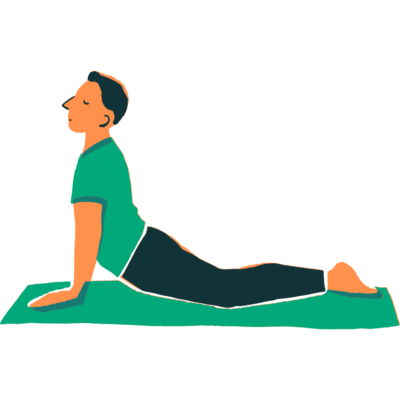
How Working Out Can Help Mental Health and the Best Exercises for Specific Issues
Exercise is not just about physical health; it plays a crucial role in mental well-being too. One of the primary benefits of exercise is stress reduction. Physical activity increases the production of endorphins, which are natural mood lifters. Cardiovascular exercises like running, swimming, and cycling are excellent for relieving stress. Consider these workouts for mental health to help clear your mind and provide a break from daily pressures.
Managing Anxiety with Mindful Movement
For those dealing with anxiety, exercises that combine movement with mindfulness can be particularly effective. Yoga and Tai Chi, for instance, emphasize controlled breathing and focused movement, which can help calm an anxious mind. These practices also improve flexibility and promote a sense of inner peace.
Exercise as a Tool for Combatting Depression
Exercise can be a powerful tool in managing depression. Engaging in regular physical activity can boost serotonin and dopamine levels, which are often low in people with depression. Workouts for mental health include strength training and aerobic exercises, such as weight lifting, brisk walking, or dancing, which can significantly enhance mood and energy levels. Additionally, group exercise classes provide social interaction, which can further alleviate feelings of loneliness and isolation.
Workouts for Mental Health improves your sleep
Quality sleep is essential for good mental health, and exercise can help regulate sleep patterns. Moderate aerobic exercise, such as walking or swimming, performed regularly can improve the quality and duration of sleep. Avoid intense workouts close to bedtime, as they can have the opposite effect.
Cognitive Benefits of Exercise
Exercise is also beneficial for cognitive health. Activities that require coordination and balance, like dancing, tennis, or martial arts, can improve brain function and protect against cognitive decline. These exercises stimulate various brain areas, enhancing memory and learning capabilities.
Boosting Self-Esteem and Body Image
Regular physical activity can improve self-esteem and body image. As fitness levels increase, so does confidence. Activities like strength training, running, or participating in team sports can help you feel stronger and more capable, boosting your overall sense of self-worth.
Incorporating Regular Exercise
Incorporating regular exercise into your routine can have profound effects on your mental health. Whether it’s a calming yoga session or an invigorating run, finding the right type of exercise can help address specific mental health issues and promote overall well-being.


